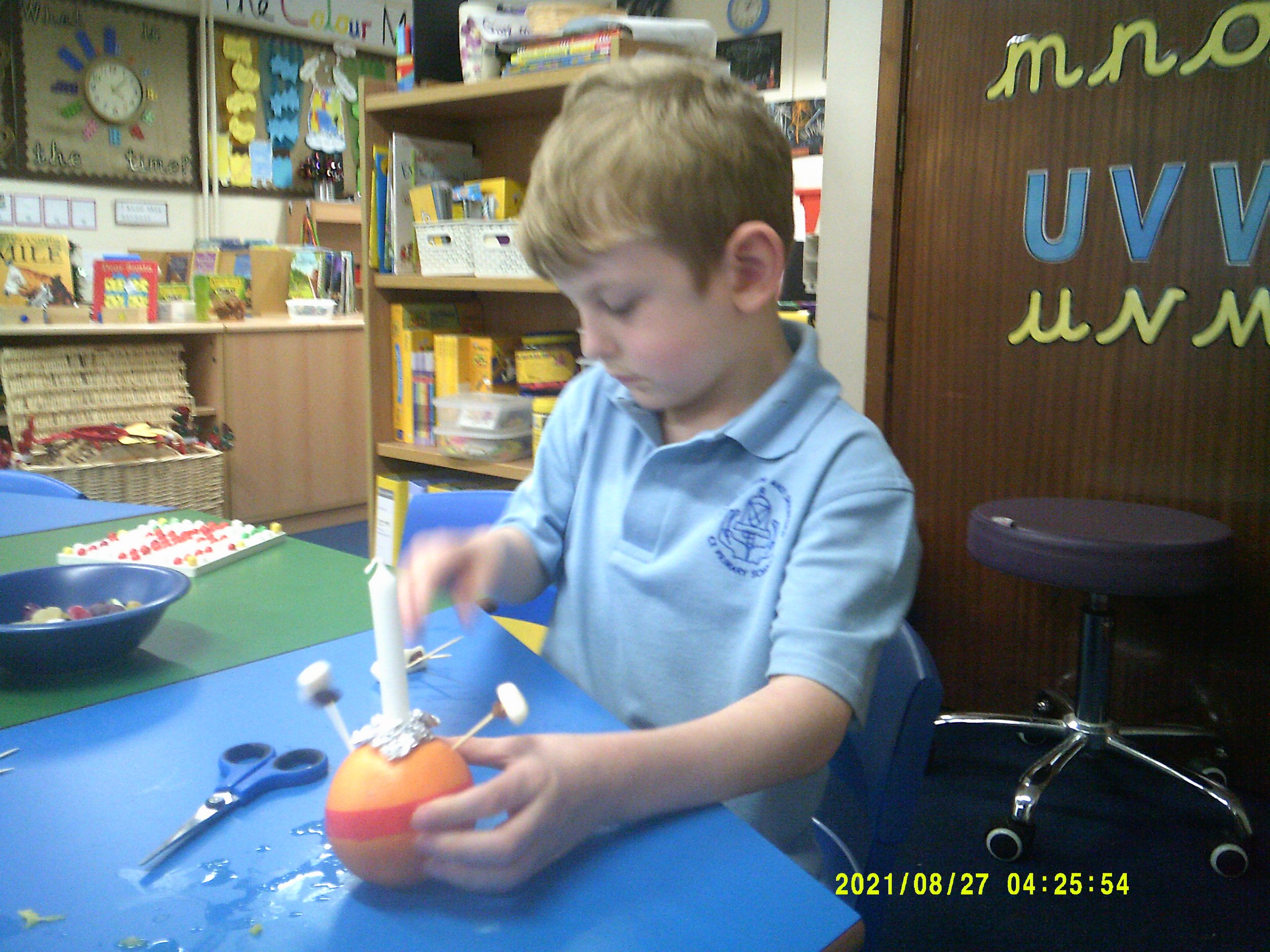Religious Education
Curriculum Cycle A 2021 - 2022 Curriculum Cycle B 2022 - 2023
Intent
At Chaddleworth St Andrew’s and Shefford C.E. Primary Schools, we value religious literacy and recognise the need for our pupils to gain the knowledge and skills to understand a range of religions and worldviews so that they can engage in informed and balanced conversations about religions and belief. Through RE we give our pupils the opportunity to develop spiritually, morally, socially and culturally and to reflect on their own beliefs and consider the views of others with discernment. We believe that RE plays an important role in preparing pupils for life in the modern world, and should enable all our pupils to flourish as citizens in a diverse, global society.
The non-statutory 2013 National Curriculum Framework for RE states that pupils should:
• Know about and understand a range of religions and worldviews
• Express ideas and insights about the nature, significance and impact of religions and worldviews
• Gain and deploy the skills needed to engage seriously with religions and worldviews.
Implementation
Teaching Time
KS1 – 36 hours per year
KS2 – 45 hours per year
Legal requirements for Religious Education:
Religious Education is a statutory subject of the curriculum for all pupils in each year group and ‘should be provided for all registered pupils except those withdrawn at the request of their parents.’ (s 71 SSFA 1998)
Parents have the right to request that their child be excused from all or part of the RE provided at school.
The syllabus should ‘reflect the fact that the religious traditions in Great Britain are in the main Christian, while taking account of the teaching and practices of the other principal religions represented in Great Britain.’ (s375 (3) Education Act 1996)
We ensure that we comply with the legal requirements by following the Pan Berkshire Agreed Syllabus for Religious Education 2018-2023.
Religious Education is generally taught on a weekly basis, but is sometimes delivered through a class topic or as a whole RE day, for example if visiting a synagogue or gurdwara.
Planning
The Pan-Berkshire syllabus (2018-2023) is based on “big questions”. The links between the three strands of “Belonging, Believing and Behaving”. The pupils are encouraged to “learn about” and “learn from” different religions. The questions and expected outcomes combine the need to demonstrate knowledge with an understanding of the impact, necessitating the deployment of specific skills. To achieve these aims, Religious Education provokes challenging questions about meaning, purpose, beliefs about God, issues of right and wrong and what it means to be human.
EYFS and KS1: Christianity and Judaism
Y3/4 Cycle A: Christianity and Hinduism
Y3/4 Cycle B: Christianity and Judaism
Y5/6 Cycle A: Christianity and Sikhism
Y5/6 Cycle B: Christianity and Islam
RE provides excellent planned opportunities for the use of Oracy skills. RE planning will take this into account along with the need for the pre-teaching of vocabulary in order to ensure access to the curriculum for all.
Progression
Progression is planned through the units, building on previous knowledge and skills.
Assessment
For each term, there is a key question related to the religion being studied that weighs up ‘evidence’ and reaches a conclusion based on this. Pupils will use their subject knowledge and apply it to the key question, rather than this knowledge being an end in itself.
Impact:
Through critical thinking, personal reflection into their own thoughts and feelings, and their growing subject knowledge, the pupils will develop an understanding of the different religions and world views that will promote understanding, tolerance and acceptance in the society and world that we live in.
Monitoring
In order to achieve this the RE co-ordinator and the Senior Leadership Team take responsibility for the monitoring of the RE curriculum and the standards achieved by the children. The RE co-ordinator will monitor for appropriate pitch and progression. This monitoring takes the form of one or more of the following:
1. lesson observations and feedback
2. learning walks and pupil voice conversations
3. planning scrutiny followed by support where necessary
4. book looks
5. data analysis



